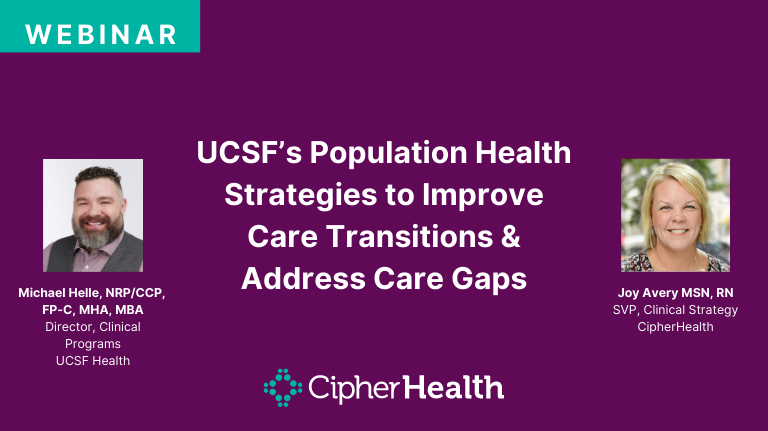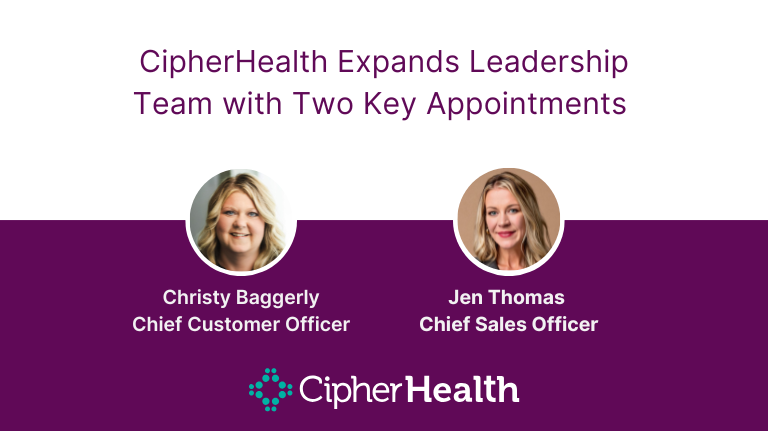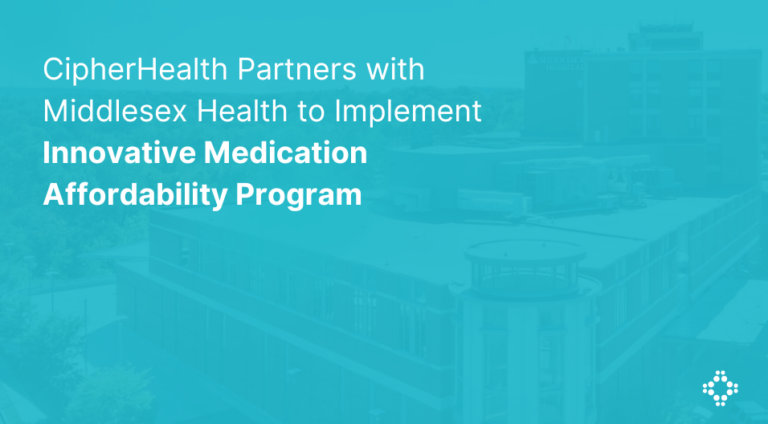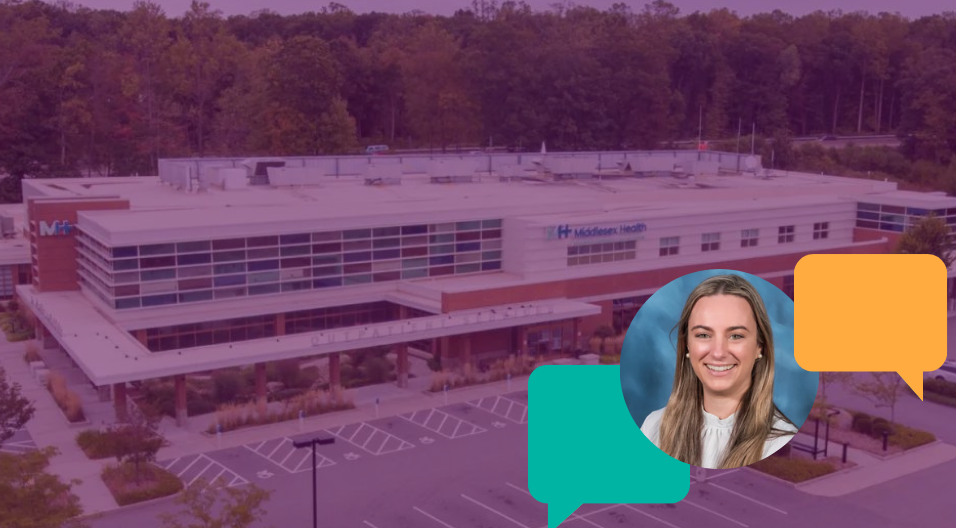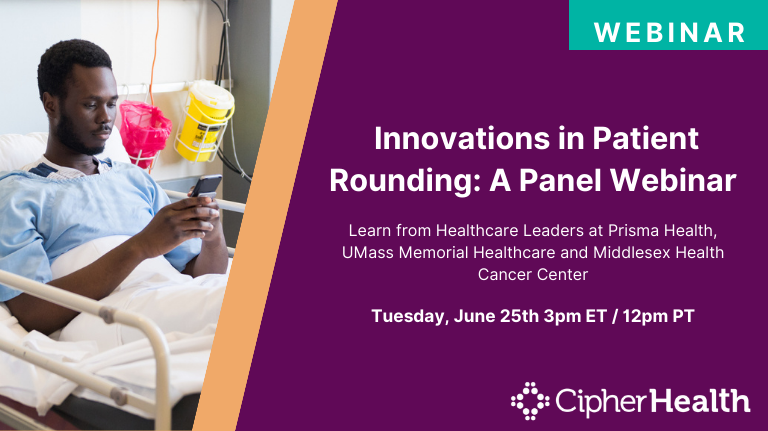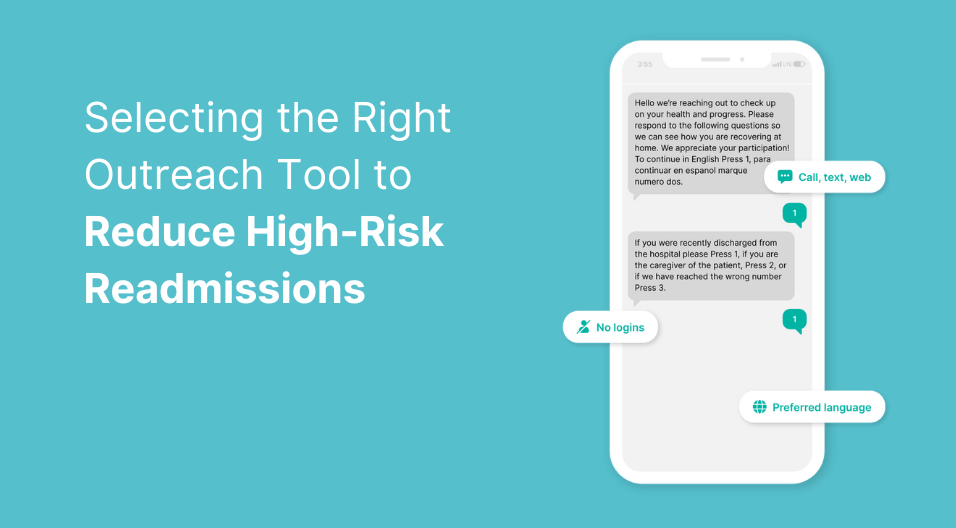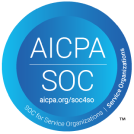We had the opportunity to speak with Ryann Nocereto, MSN, RN, OCN, Director of the Cancer Center at Middlesex Health about their successful implementation of Self-Service Rounding (SSR) technology during our recent webinar on Innovations in Patient Rounding. The community-based nonprofit healthcare system in Connecticut has been leveraging SSR to enhance patient engagement and streamline processes in their Cancer Center.
Nocereto highlighted the challenges Middlesex Health faced in identifying high-risk patients for breast cancer genetic counseling. “We were looking to increase our referrals in identifying patients who were at high risk for breast cancer. We were having a hard time figuring out exactly how to do that,” she said. Traditional methods, like using paper forms or relying on registration staff to hand out iPads for surveys, proved ineffective, especially during the COVID-19 pandemic when workflows were significantly disrupted.
In response, Middlesex Health used SSR technology to better engage patients and collect vital information. Initially, they experimented with QR codes placed in mammography suites, but this approach did not yield the desired results. “The patients were just not engaged and they were not using the QR code,” Nocereto said.
The switch to SMS surveys marked a turning point. “In December of 2023, our SMS went live, and that changed everything,” Nocereto said. By sending an SMS survey to patients as they arrived for their screening mammograms, Middlesex Health significantly increased patient participation. “The utilization has tripled month to month,” Nocereto said.
This new approach not only streamlined the process but also provided crucial data that allowed Middlesex Health to better serve their patients. “We have engaged the patients where they are getting past that first question now,” Nocereto explained. The ability to tweak the survey questions based on patient responses helped to refine the system further and ensure more comprehensive data collection.
The impact of SSR on patient care at Middlesex Health has been notable. Nocereto shared an instance where the system helped identify patients with genetic mutations who might not have otherwise received this critical information. “There have been several patients who have tested positive for mutation, who would not normally have had access to that information,” she said. This early identification allows for timely intervention and potentially life-saving treatments.
Conclusion
The implementation of SSR technology at Middlesex Health has improved patient engagement and the effectiveness of their genetic counseling program. This technological approach ensures that critical health information is captured and acted upon promptly, paving the way for timely interventions and, in turn, better health outcomes for their patients.
Click here to watch the webinar and learn more about Middlesex’s innovative program to increase hereditary risk assessments.
